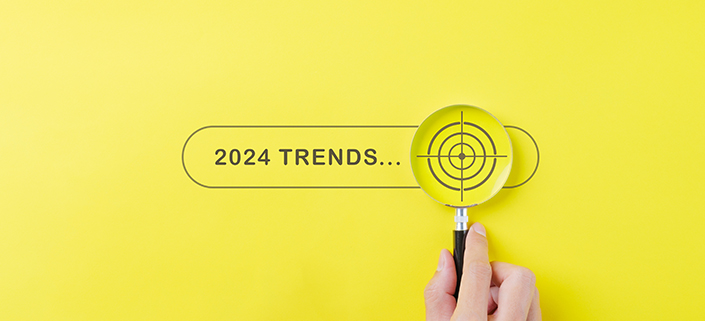10 Game-Changing HR Trends
As we stand on the precipice of 2024, the HR landscape resembles a construction site, with bridges spanning the chasm between the present and the future. Each of these bridges represents a powerful trend reshaping the way we work and interact within organisations. Let’s take a closer look at the ten most influential HR trends for the year ahead and how they contribute to the evolving workplace architecture.
1. Preparing for AI Transformation – The Bridge to the Future
The advent of artificial intelligence promises a seismic shift in how businesses operate. HR professionals are tasked with not only harnessing AI’s potential for efficiency but also mitigating its impact on the workforce. Reskilling initiatives and proactive adaptation strategies are essential for navigating this transformative journey.
2. The Generative AI Experience – The AI Bridge
Generative AI permeates every aspect of work, offering both opportunities and challenges. HR must strike a delicate balance between leveraging AI’s capabilities for streamlined processes while preserving the human touch in employee interactions.
3. Regaining Trust – The Trust Bridge
Trust forms the bedrock of productive work relationships. In 2024, rebuilding trust becomes paramount, requiring transparent communication, mutual accountability, and a shared sense of purpose between employers and employees.
4. A New Kind of Leader – The Leadership Bridge
Leadership in 2024 demands a new skill set, blending traditional competencies with a keen understanding of psychological safety, community building in the digital realm, and navigating the integration of AI into the workforce.
5. Rethinking Performance Development – The Performance Bridge
Remote work necessitates a paradigm shift in performance management. Embracing flexibility, autonomy, and continuous development becomes crucial for fostering accountability and engagement in a distributed workforce.
6. Reimagining Skills Development – The Development Bridge
Traditional approaches to skill development no longer suffice in the rapidly evolving digital landscape. HR must pivot towards pragmatic, tech-enabled solutions that prioritize behavior change and adaptability over complex frameworks.
7. Incorporating Inclusivity into Leadership – The Inclusion Bridge
Equity, diversity, and inclusion initiatives must be seamlessly integrated into leadership practices, guiding decision-making and team development for a more inclusive workplace culture.
8. Immersing Workplace Tech – The Tech Bridge
The convergence of HR and IT gives rise to sophisticated workplace technologies aimed at enhancing employee productivity and well-being. AI-driven tools empower employees to focus on meaningful work, marking a paradigm shift in HR technology.
9. Compelling Workplace Experiences – The Experience Bridge
As the boundaries between remote and in-person work blur, HR leaders must curate compelling workplace experiences that prioritize connection and collaboration over mere task completion.
10. Staying Human in the Age of AI – The Humanity Bridge
Amidst the rise of AI, preserving the human element remains paramount. HR’s role is to foster a learning mindset, set clear objectives, and ensure transparency, creating a harmonious integration of technology and humanity in the workplace.
In this era of bridge-building, HR professionals wield immense power as architects of the future of work. By embracing these trends, fostering trust, leveraging technology, and preserving humanity, they can construct a more inclusive, innovative, and resilient workplace for all.




